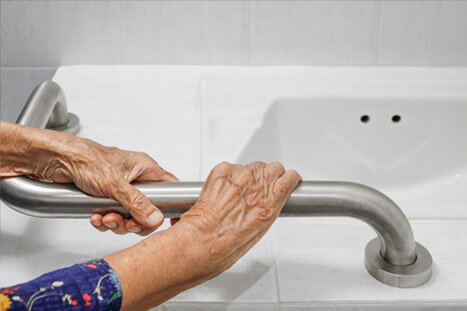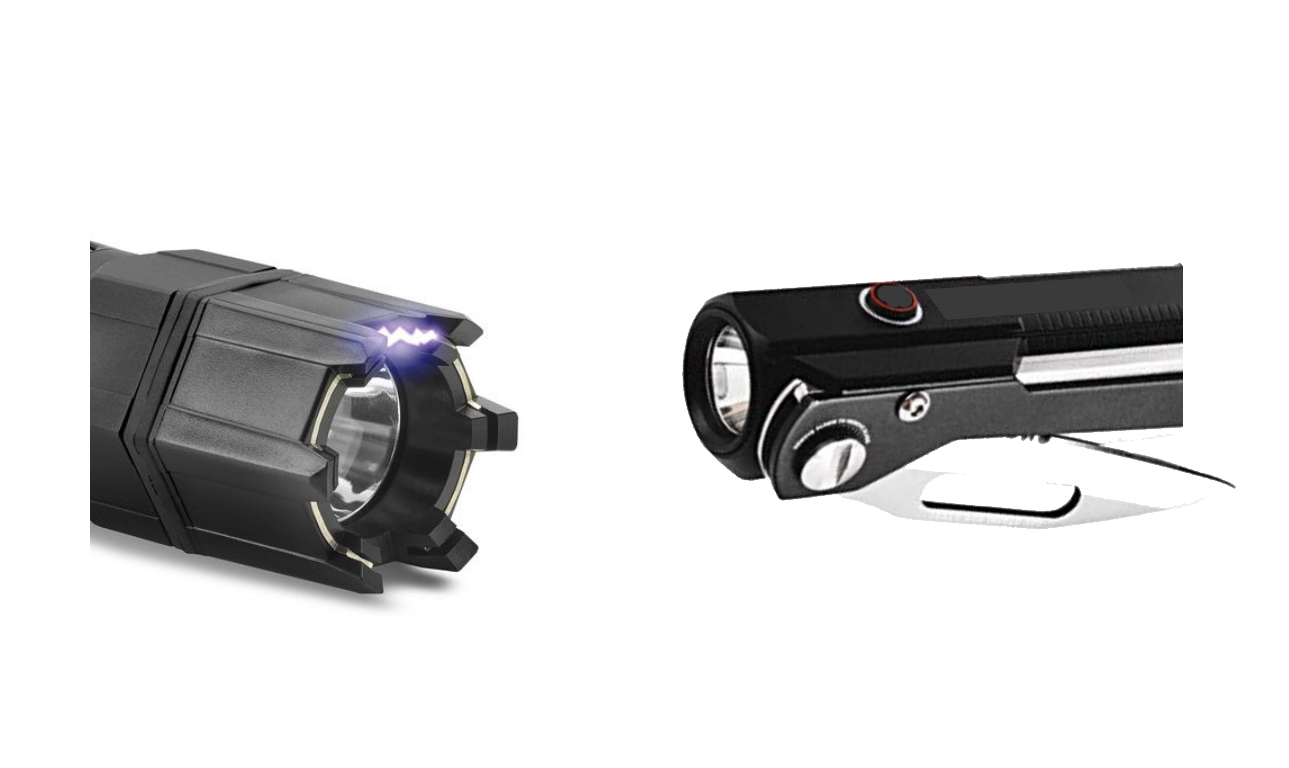
A home security system is an important part of home security. This includes hardware that is placed on your home and personal security measures. This hardware can include door locks, motion detectors, and even security camera systems. It is also important to understand what the various types of home security systems are, including their costs. We will explain the differences between each system and their workings. You might even be interested in learning how to monitor your own home security system.
Cost of home security systems
The cost of a home safety system is high, but the benefits outweigh it. A monitored system is a good option, but you can save money by placing the monitors in areas where they are most likely be accessed. You can save money by skipping the second-floor windows for a more affordable option. You should be aware of the prices for home security systems.
Companies charge a different installation fee, but the average cost for a basic system is $300 to $1,000. As the number of units increases and the wiring gets more complicated, the cost will go up. Hardwired systems may be more expensive that wireless. Some monitoring companies will give you the instructions and materials needed to set up your system. You can contact the monitoring company to find out the cost of installation if you are unsure.

A home security system's components
There are many components that make up a home security system. Motion sensors can be used to set off alarms when there is movement in the house. Other components of a home security system use motion sensors as well. To begin recording, motion sensors are used by some cameras. Motion sensors can trigger other lights to turn on if there is motion. If your pet has motion sensors, they can alert professionals to an intruder. All these devices are vital components of a home safety system.
Modern alarms feature more components and more features than ever before. You should ensure that your home security system can be used with home automation devices. Some systems will work with every brand, while others may only be compatible with some brands. Smart thermostats may not work well with all security systems. Check that your home security system is compatible with smart home automation devices. If you want to control temperature through voice-controlled devices, make sure your security system is compatible with them.
Cost of professional monitoring service
A professional home security service will cost you several hundred dollars. An installation fee of $300 is charged for a basic system. However, more complex systems may cost between $800 and $1,600. The cost of a system is more complicated than a wireless one. Hardwired systems tend to be more expensive than wireless. Many monitoring companies provide instructions and materials for installing your system. Other companies offer equipment at no charge if you purchase it yourself.
A home security monitoring company will have several packages and can offer customized plans to fit your needs. Some plans allow you to text confirmation before calling the authorities. Others may create different action plans depending upon the type of alert. You'll be more secure against break-ins if you have a professional monitored service. When choosing a home security monitoring company, it is crucial to select a plan that will give you ample notice.

Self-monitoring services cost
A homeowner can manage their home security systems or have them monitored by a professional company. When the system detects an intrusion or emergency situation, monitoring services notify authorities. The monitoring service can even contact the police or fire department when necessary. Monitoring services are expensive, but they can provide security and peace of mind while you're away. For remote monitoring, there are standalone devices such as video doorbells and motion sensors, or smart locks.
Installation can range from $300 to $800, and the more advanced the system, the more expensive it will be. Hard-wired systems require more wiring and more units. While some monitoring companies will provide instructions and materials to help you install the system, the overall cost can be high. Before you choose a provider, make sure to shop around and compare prices.
FAQ
How do beginners do self-defense?
Not only are experts trained in self-defense, but so is everyone else. You should also know how to defend your self when you're alone. To protect yourself against an attack, you should know the basics.
Start by learning basic movements like punching, kicking and kneeing. You can then move on to more advanced moves such as grappling or joint locks.
It's always helpful to practice similar things to what you would face in real-life situations. For example, if you want to learn how to kick someone, then you should practice on something soft like a pillow.
By doing this, you will not injure yourself while practicing. Be careful not to strike anything too hard as you could cause damage.
How do you stay safe even if you can't protect yourself physically?
If you are not physically able to defend yourself from an attacker, then you should find someone who is.
You may need to ask the police for help. You may have to call the 911 emergency number. If you don't act, you may die.
Your local shelter for domestic violence can be reached as well. Many shelters offer safety planning classes to teach women how to protect themselves.
How do I learn self defense at home?
If you are looking for a way to improve your self-defense skills, there are many ways to do this. Martial arts are a great place for beginners. Martial Arts can teach you how to defend your self without using weapons. They build confidence and improve fitness. Online classes are also available at most schools. It is important that you know which type of martial arts you wish learn. Do you want to learn Kung Fu? Or perhaps Karate? Although these two styles may be very different, they are both excellent. They differ mainly in the way they fight. Kung fu, by contrast, focuses on grappling or kicking while karate focuses only on striking techniques.
You should also consider whether the school offers instruction in multiple forms. This is the number of martial arts styles that are taught in a school. Some schools only offer instruction in Tai Chi while others can teach you all forms of martial art. It doesn't matter what martial art you choose, you should make sure that the school you choose is accredited. Ask around to see who has been there, and ask about their training history and the background of the instructors. Talk to someone who teaches at the school if you can.
What is the most effective self-defense technique?
Avoiding attack is the best defense. If you are attacked, then run away as fast as possible. This will allow you to come up with a better defense strategy.
Use any defensive techniques that you know if you are unable to escape. These include kicks and punches. You can also try to grab your attacker's arms or legs in order to prevent him from attacking you further.
If none these options work, then you need to use every tool at your disposal. Your hands are your best weapon. But if your hands aren't well-trained, you may need to learn another form of self defense.
Is there a place to buy a stungun?
Stun guns can be purchased at many locations.
You can check online stores like Amazon .com, eBay, Walmart, etc.
You can also visit brick and mortar stores such sporting goods stores, hardware shops, etc.
Statistics
- Most likely, the person will want some kind of boxing match, so if you can out-box them, this would be 100% ideal for survival. (budodragon.com)
- Verbal harassment was the most common form, but 51 percent of women said they were touched or groped in an unwelcome way, while 27 percent of women survived sexual assault. (healthline.com)
- Most likely, you'll get tapped out by 90% of the people in your first 3-5 months. (mmaclan.com)
- The Rape, Abuse & Incest National Network reports that 70 percent of sexual violence cases aren't committed by random strangers in a dark alley but by people we know: friends, family, partners, co-workers, etc. (healthline.com)
External Links
How To
How to Survive An Invasion At Your Home
Home invasion is frightening, especially if you have children. We didn’t know that we would be experiencing it ourselves as we embarked on our home security system installation adventure. Here's what we've discovered so far.
-
Do not let your children see the attackers. Two men entered our home while our children were asleep upstairs. We took them downstairs until they arrived at the police station. Our kids weren't hurt, but they saw enough to traumatize them.
-
Lock Up All Valuables. Our bedroom has a safe that holds valuables. Even if someone attempts to break into your house, they won’t be able access it.
-
Keep an Eye out for Burglars. Our neighborhood is known for its high number of burglaries. We pay attention to suspicious cars and people.
-
Always have a backup plan. Our family will be financially protected in case anything happens. We also have a plan that allows us to leave the United States if necessary.
-
Be Prepared. Prepare for anything. Prepare food, water, and other supplies.
-
Call 911 immediately. Call 911 immediately if you suspect that someone has broken into the house. It's better to call the authorities than to wait for them to break down your door.
-
Use common sense. Don't let anyone inside who doesn't belong there. Also, don't invite strangers to come over.
-
Reach out to your neighbours or other residents in your area for assistance. If you feel unsafe, contact your friends and neighbors. They can help you watch your back while you call the police.
-
Keep calm and do what is instructed by police officers. Be calm and do what officers tell you to. Do not flee or resist arrest
-
Take Pictures Of Any Evidence. Photograph any evidence that is found during an investigation. This includes fingerprints, blood samples, and other items.
-
Local Law Enforcement. You can file a police report even if nobody was hurt. You may be able to prevent other crimes.
-
Call the Insurance Company immediately. You should immediately contact your insurance company. Tell your insurance company everything that has happened, and ask them to send an adjuster.
-
Take away personal belongings. Take your personal belongings off the premises. It is best to take your expensive jewelry off and place it somewhere safe.
-
Keep Yourself Clean. Keep your surroundings clean. Take out the trash and break glass and lock all doors and windows.
-
Talk about What Has Been. Talk about what happened. You never know who could use this information against your later.